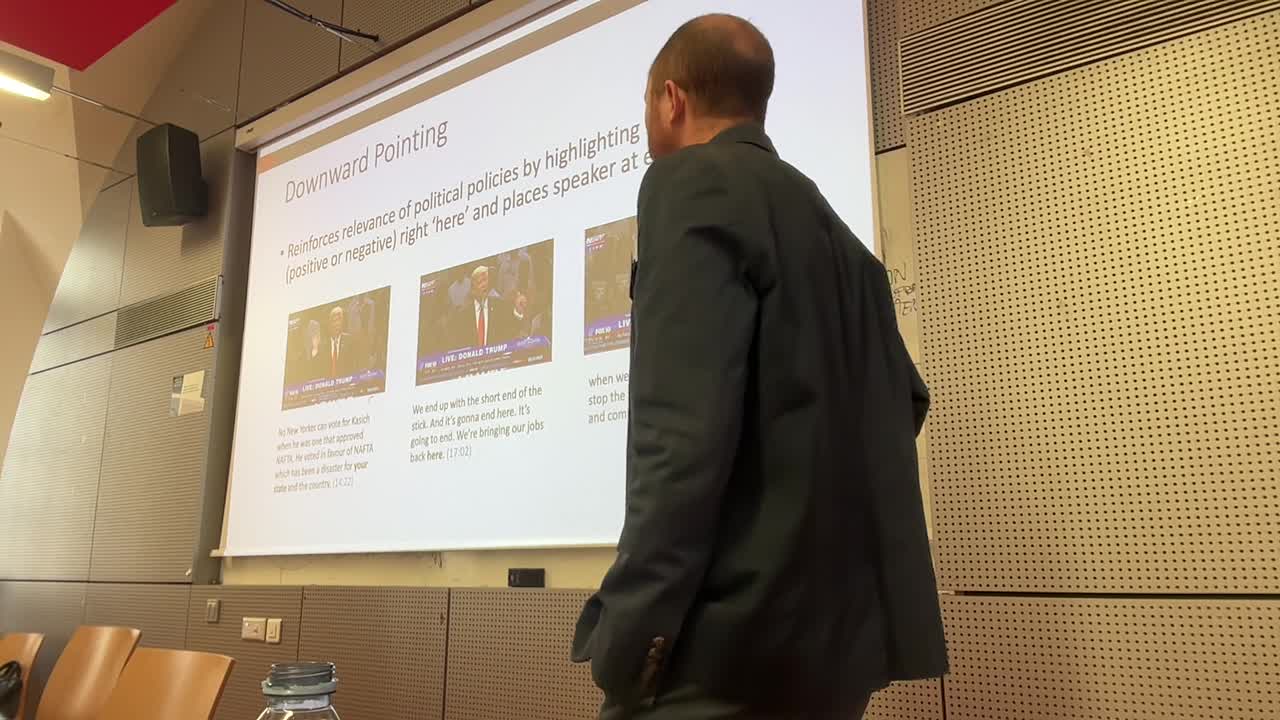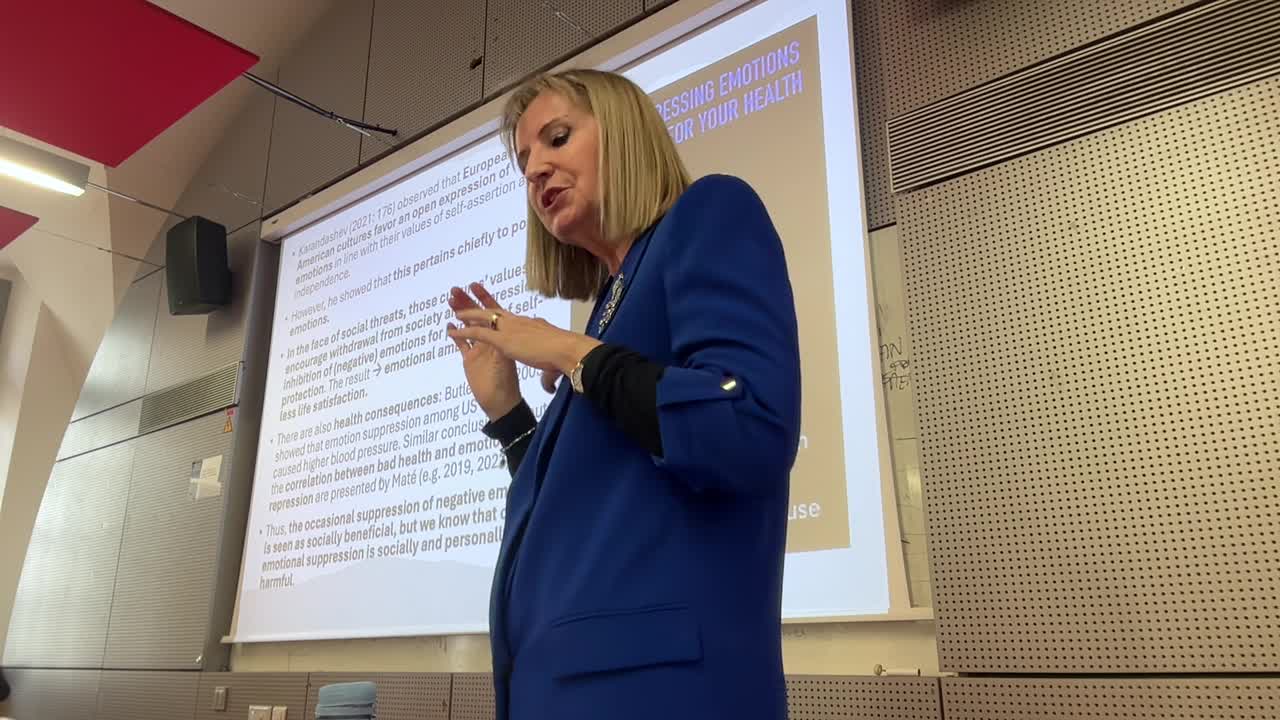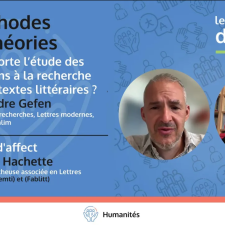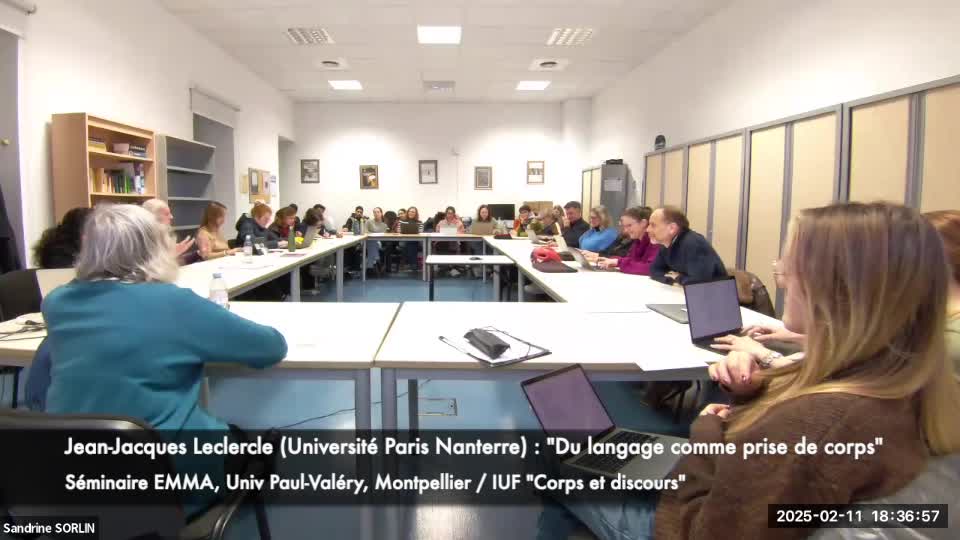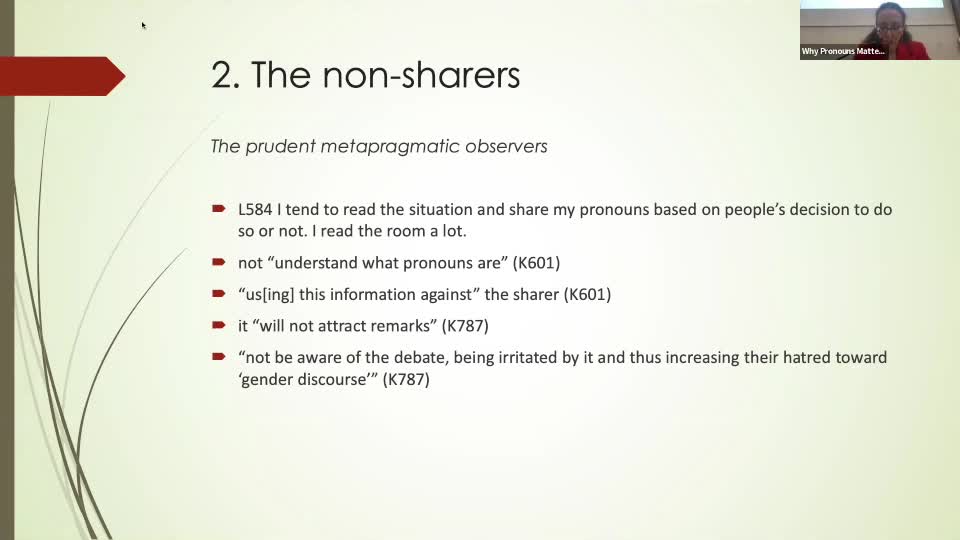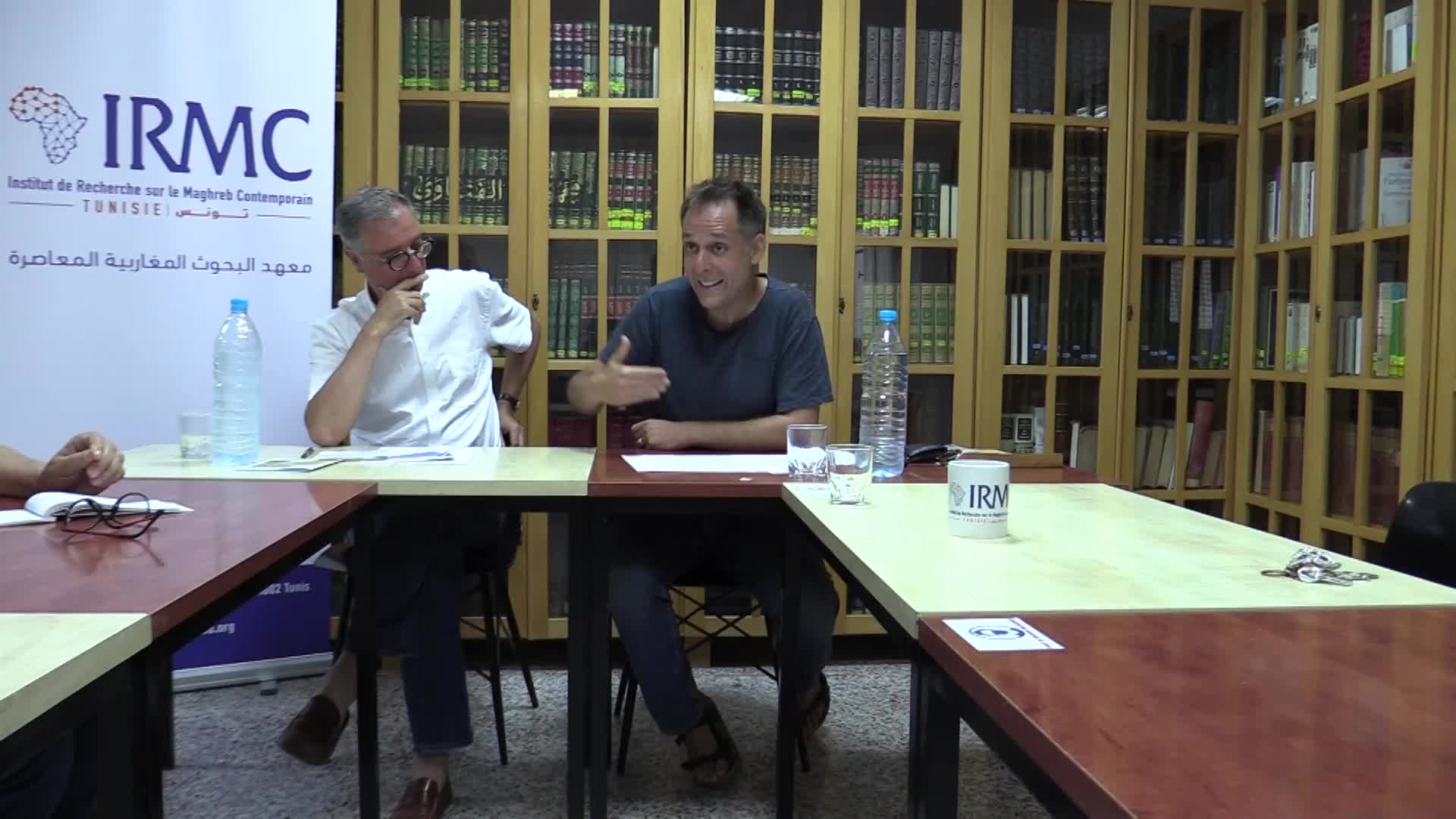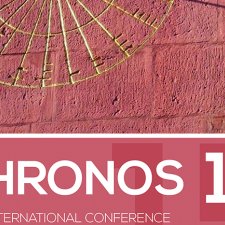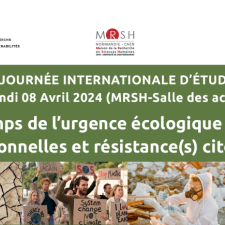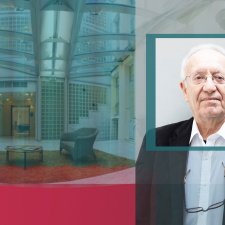Notice
• Ezequiel A. Di Paolo (Ikerbasque, the Basque Foundation for Science, Spain) “The historicity of linguistic bodies”
- document 1 document 2 document 3
- niveau 1 niveau 2 niveau 3
Descriptif
The embodied turn in cognitive science was partly driven by work on cognitive linguistics in the 1980s. Bodily constraints, processes, structures, habits, and relations to the world provide us with a rich set of phenomena and ideas that help us better explain, clarify, and extend our understanding of language and thought. To this day, for much of cognitive linguistics, the body serves as a universal constraint—something that explains widespread aspects of how we use and understand language, leading to the concise claim: language is embodied. This claim progresses from embodied practices to language itself.
In our work on an enactive approach to language, we theorise the different dimensions of embodiment (organic, sensorimotor, social) to interrogate the kinds of social agency involved in each act of languaging. There is no universal body. Bodies, in the plural, are historical processes of becoming; they are diverse and open-ended, shaped in part by the habits and language practices we engage and grow up with. Human embodied and linguistic practices are mutually constituted. Not only is language embodied, but in a strict sense, our bodies are linguistic.
In this talk, I will overview the broad assumptions and central ideas of the enactive approach to language, sketch the dialectical methodology that enables us to move from broad forms of participatory sense-making to linguistic agency, and mention some conceptual, empirical, therapeutic, and ethical implications.
Intervention / Responsable scientifique
Dans la même collection
-
• Christopher Hart (Lancaster University, UK) “The Embodied Performance of Right-Wing Populism”
HartChristopherIn this talk, I draw on frameworks for the study of co-speech gesture developed in cognitive linguistics (e.g. Cienki 2022) to discuss the forms and functions of pointing and shrugging gestures in the
-
• Laura Alba-Juez (Universidad Nacional de Educación a Distancia, Madrid, Spain) “I’ll never call h…
Alba-JuezLauraThis talk presents a sociopragmatic analysis of the inferences and emotional embodiment that emerge in an interview conducted by Oprah Winfrey with Caroline Darian, daughter of Giselle Pélicot, a
Sur le même thème
-
• Christopher Hart (Lancaster University, UK) “The Embodied Performance of Right-Wing Populism”
HartChristopherIn this talk, I draw on frameworks for the study of co-speech gesture developed in cognitive linguistics (e.g. Cienki 2022) to discuss the forms and functions of pointing and shrugging gestures in the
-
• Laura Alba-Juez (Universidad Nacional de Educación a Distancia, Madrid, Spain) “I’ll never call h…
Alba-JuezLauraThis talk presents a sociopragmatic analysis of the inferences and emotional embodiment that emerge in an interview conducted by Oprah Winfrey with Caroline Darian, daughter of Giselle Pélicot, a
-
-
Les Rendez-vous du Savoir des Humanités - Méthodes et théories #1 et #2
HachettePaulineGefenAlexandreSylvosFrançoiseLes Rendez-vous du Savoir des Humanités - Méthodes et théories #1 et #2
-
"Du langage comme prise de corps", Jean-Jacques Lecercle, Université Paris Nanterre
LecercleJean-JacquesOn distinguera cinq corps et cinq prises de corps par le langage. On en tirera des conséquences pour une conception du langage non comme simple instrument de communication mais comme milieu de
-
“What’s in a pronoun and how does it matter?: From the perspective of pragmatics”, Sandrine Sorlin,…
SorlinSandrineIn this talk, I wish to give a quick overview of the quite recent ‘pronoun sharing’ trend from a linguistic and pragmatic perspective, going through the new collocations and semantic shifts of the
-
Conférence “Penser le populisme : une nouvelle approche socio- génétique”
BoissevainKatiaTarragoniFedericoMellitiImedL’IRMC invite le sociologue Federico Tarragoni (Université Paris-Diderot), qui présente une conférence intitulée « Penser le populisme : une nouvelle approche socio-génétique » coordonnée par Imed
-
Co-reference in (linguistic-)pictorial discourse
AltshulerDanielThis talk takes up the question of how one arrives at pragmatic interpretations of pictorial and mixed linguistic-pictorial discourses.
-
Existe-t-il un éco-populisme ?
Dans le contexte de la montée croissante des extrêmes droites, de plus en plus de travaux pointent l'émergence d'un "populisme environnemental" (green populism) ou d'un "éco-populisme" définis à
-
L'universalité de la norme démocratique à l'épreuve
Ben AchourYadhWahnichSophieAvonDominiqueBessisSophieCompagnonAntoineFrouvilleOlivier deMohsen-FinanKhadijaHachemaouiMohammedGendreau-MassalouxMichèleLahlouSaadiRousseauDominiqueSaadaKathyTroperMichelYaredHyamZuberValentinePour défendre la démocratie et la faire échapper au relativisme dans lequel veulent l’emprisonner tous ses adversaires, il est impératif de l’examiner en tant que Norme et lui trouver un fondement
-
Conférence de Jean-Yves Camus Populisme(s) et xénophobie(s) en Europe
Directeur de l'Observatoire des radicalités politiques de la Fondation Jean Jaurès, chercheur rattaché à l'IRIS (Institut des Relations Internationales et Stratégiques), senior Fellow au Centre for
-
Comprendre le populisme - intervention de Raphaël Liogier
SurelYvesLiogierRaphaëlPremière partie de l'intervention - Raphael Liogier


